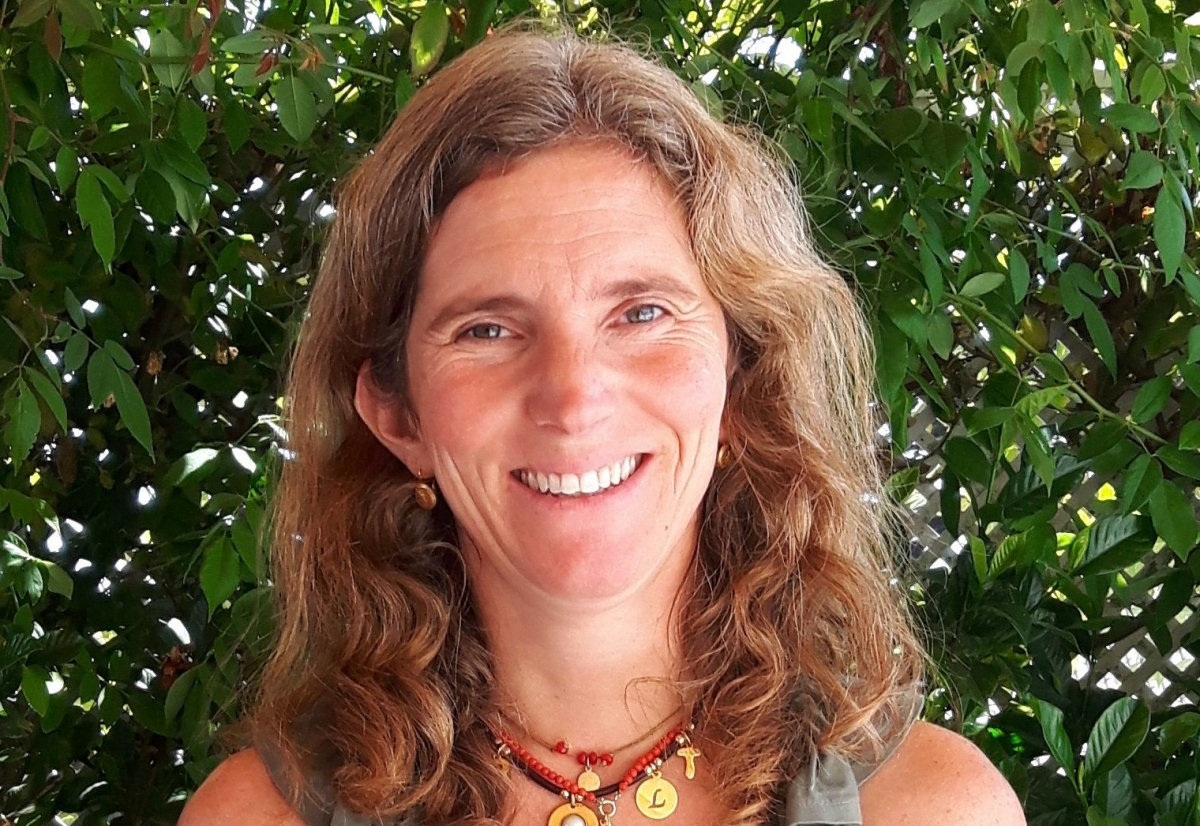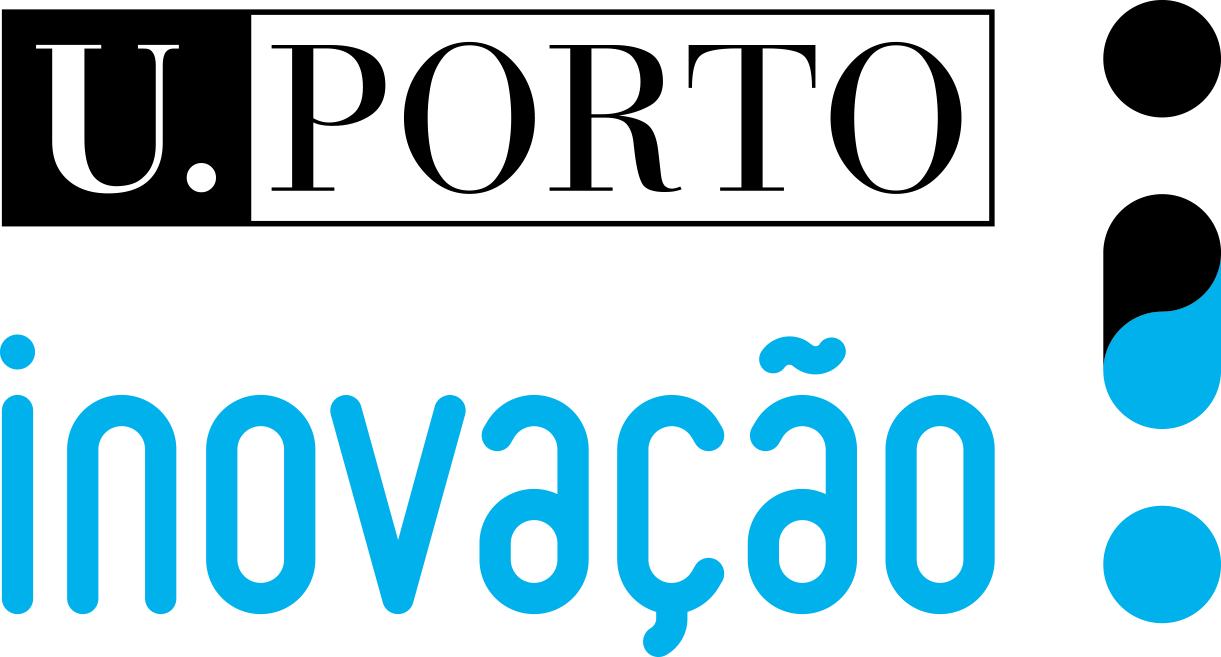
In this edition of "A chat with companies", we talked to Benedita Chaves, Manager of the Research, Development and Innovation Unit at LIPOR. In her opinion, partnerships with universities allow the company to “go further", since in industrial activity there is less scope for "studying, knowing the details, deepening the analysis and knowing what is being developed in the world", she says.
Q: What’s the importance of LIPOR’s relationship with the scientific and technologic community?
A: LIPOR is the entity responsible for the management and treatment of urban waste in 8 municipalities, covering about 1 million inhabitants. As a manager of urban waste, we must be prepared for trends in consumption, the market and the behavior of citizens and companies, as they have a strong impact on the sector.
We believe that Innovation is the way to adapt to change, which is constant, and is expected to be increasingly faster and more radical, due to the new lifestyles and consumption habits of the next generations.
Innovation is one of the strategic pillars of LIPOR. We are pioneers in the sector, we implement numerous projects and initiatives for the sustainable growth of the region, in a bold and concrete way, and we do it in partnership with several entities, many of them from the scientific and technological system.
It is essential for us to seek knowledge, experimentation and technology from the scientific and technological system. In industrial activity we have little scope to study, to know the details, to deepen the analysis, to know what is being developed in the world. The connection to the scientific and technological system allows us all of this, allows us to go further.
The scientific and technological system is naturally present in LIPOR's research, development and innovation and is complementary to our activity.
Q: How have LIPOR and the University of Porto been collaborating?
A: LIPOR has projects with the main universities in the country, but we have a strong relationship with the University of Porto, naturally, as it is in our area of intervention. We already have long-standing relationships with some teachers who know us well and with whom we share a set of challenges and projects that we have developed over the years.
Recently we developed works in the area of the valorization of incineration slags (FEUP - civil engineering), Industrial product design (FEUP - Design Studio), landscape architecture challenges (FCUP - landscape architecture), development of thermoelectric elements (FCUP - physics department ), characterization of incineration ash (FCUP - chemistry department).
We frequently receive students in the context of a curricular internship to develop master's theses in various areas associated with waste.
We are partners of the University of Porto in several European applications, we participate as speakers at conferences and we also collaborate with the Rector in promoting CINE ECO, an international environmental film festival in Serra da Estrela, among other awareness-raising initiatives.
The collaboration with the University of Porto has been very positive for LIPOR, I think we have been growing together, and bringing scientific knowledge closer to the market, with the aim of making it useful for society.
Q: What are the main challenges these two players face?
A: At LIPOR, our mission is to undertake innovative solutions in resource management, promoting a circular approach and the creation of shared value.
Through Innovation we intend to change our current business model, developing new sustainable products with added value in 3 areas that we consider to be priorities, such as the valorisation of slag for construction materials, agricultural products (natural and of superior quality, which contribute to the improvement of the soil and the plants produced in it), and the pure materials (polymers and metals of high quality so that they can be reintroduced in the industrial production processes and thus increase their added value in the market).
We also intend to use new robotization, digitalization and artificial intelligence technologies to optimize the efficiency of processes.
We aim to develop 10 new products in the next 10 years and we have the contribution of the University of Porto.
I think the great common challenge is to transform knowledge into value, for that it is necessary to focus research and development on something that can be valued by the market, has a positive environmental impact and is socially responsible. We want to create value in all aspects of sustainability.






